These little batteries can do severe damage — go to the ER immediately
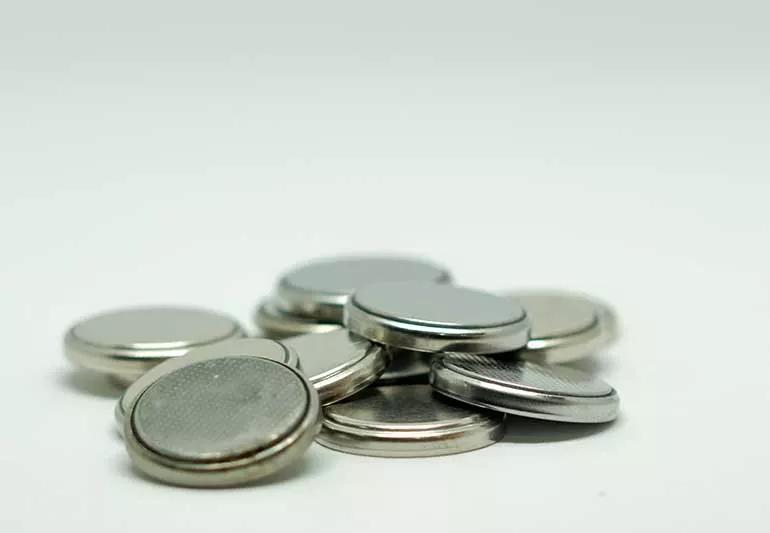
Most kids go through that dreaded phase. You know, the one where they put anything and everything into their mouth. Stray Legos®. Dried bits of food. Fuzz.
Cleveland Clinic is a non-profit academic medical center. Advertising on our site helps support our mission. We do not endorse non-Cleveland Clinic products or services. Policy
Sometimes, that curiosity leads children to swallow objects they shouldn’t. According to a recent study, the number of kids under 6 who accidentally swallow foreign objects doubled over the past two decades.
“What they found was that about 800,000 kids — so almost a million kids — came in to the emergency room for foreign body ingestion,” says pediatrician Lisa Diard, MD, who didn’t take part in the study. “And the rate of ingestion was going up, particularly for batteries.”
The study showed that the number of incidents involving the consumption of a button battery rose by more than 90%, which begs the question: What the heck is a button battery?
It’s the coin (or button)-shaped battery powering your watch, your hearing aids, your car keys, and —increasingly — your children’s toys. As these small batteries become increasingly common household items, the number of kids swallowing them (and putting them in other unadvisable places) goes up, too.
That’s bad news. Button battery ingestion is dangerous because the batteries can make holes in the esophagus and intestines, leading to tissue damage and even death.
Nobody can watch their child every second, so it’s important to know the symptoms of button battery ingestion. They include:
Because all of these symptoms can accompany other kinds of illness or injury, be sure you’re keeping track of how many button batteries you own — and store them somewhere safely out of reach.
A child swallowing a button battery is an emergency. Damage to their esophagus can start within hours of consumption, so you need to get them to the nearest emergency room as soon as possible.
Do not induce vomiting.
Do not attempt the Heimlich maneuver.
If your kid is over the age of 1, give them 2 teaspoons of honey every 10 minutes while you make your way to the hospital. A 2018 study demonstrated that honey acts as a “protective esophageal irrigation.” It can’t prevent injury to the esophagus, but it can reduce the severity of the damage. Remember: Honey is extremely dangerous for children under a year old. If an infant swallows a button battery, you shouldn’t give them anything to eat or drink.
If you have any questions or need additional support, call Poison Control (1.800.222.1222) or the National Battery Ingestion Hotline (1.800.498.8666).
According to Dr. Diard, parents need to be aware of what objects in their home contain button batteries, and always keep them out of a child’s reach.
“The number one recommendation made in the study was to make sure that you use some sort of child-proofing device,” Dr. Diard notes. “If you have a button battery in a car key or another device, make sure that it’s really tightly screwed in.”
Toys that use button batteries should only be played with under supervision.
If you need to throw out a button battery, Dr. Diard suggests placing tape on both sides of the used battery and storing it in a secure bag until you’re able to recycle it.
Parents and caregivers should have the number for poison control in their cell phones (1.800.222.1222) so it’s handy at all times.
If you suspect your child has swallowed a foreign object, always call poison control right away, in addition to calling the child’s doctor or 911.
Complete results of the study can be found in Pediatrics.
Learn more about our editorial process.

They’re nontoxic, but crayons can cause an upset stomach and pose a serious choking hazard

Knowing how much time your baby should typically go between naps can help keep them on a more regular schedule
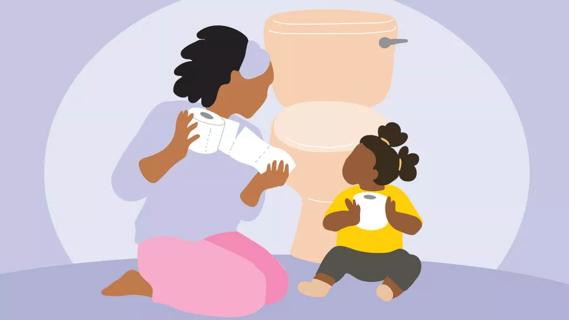
Set your child up for potty training success by waiting until they’re ready, keeping the pressure low and going heavy on the praise
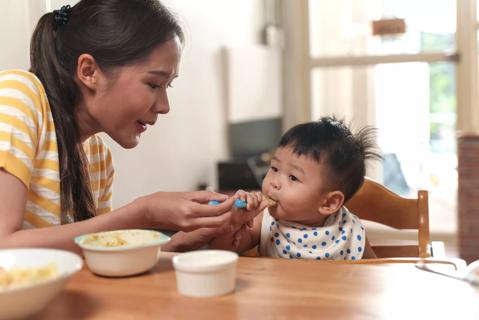
In babies under 12 months, honey may cause a serious illness called infant botulism
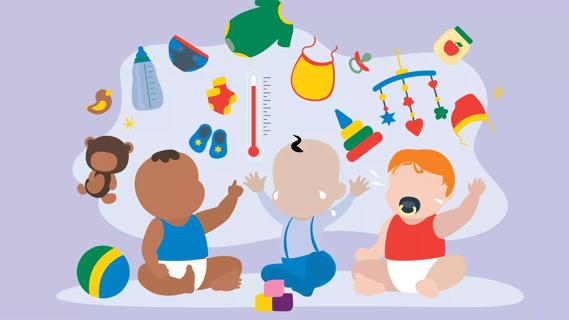
You can help strengthen your child’s immune system by focusing on hand washing and staying up-to-date on their vaccines
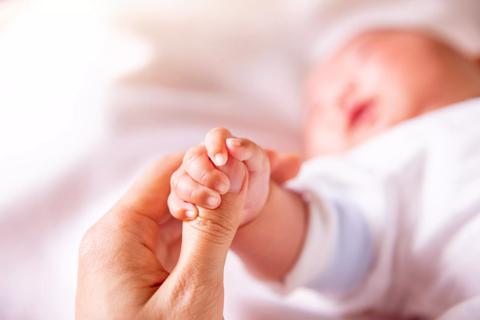
Lanugo — the soft, fine hair that develops in utero — is harmless and will shed within a few weeks

Crossed eyes in a newborn are fairly common, typically harmless and usually go away
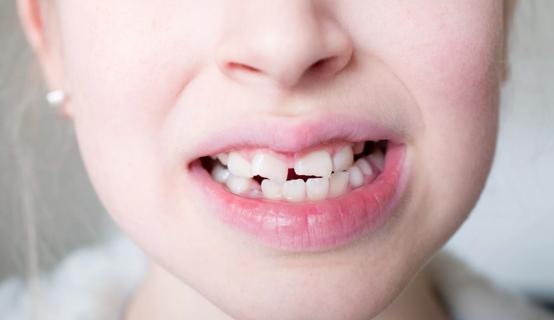
A dental emergency, quick action is key to preventing long-term damage

Your metabolism may torch 1,300 to 2,000 calories daily with no activity

A gentle touch in all the right places may help drain your sinuses